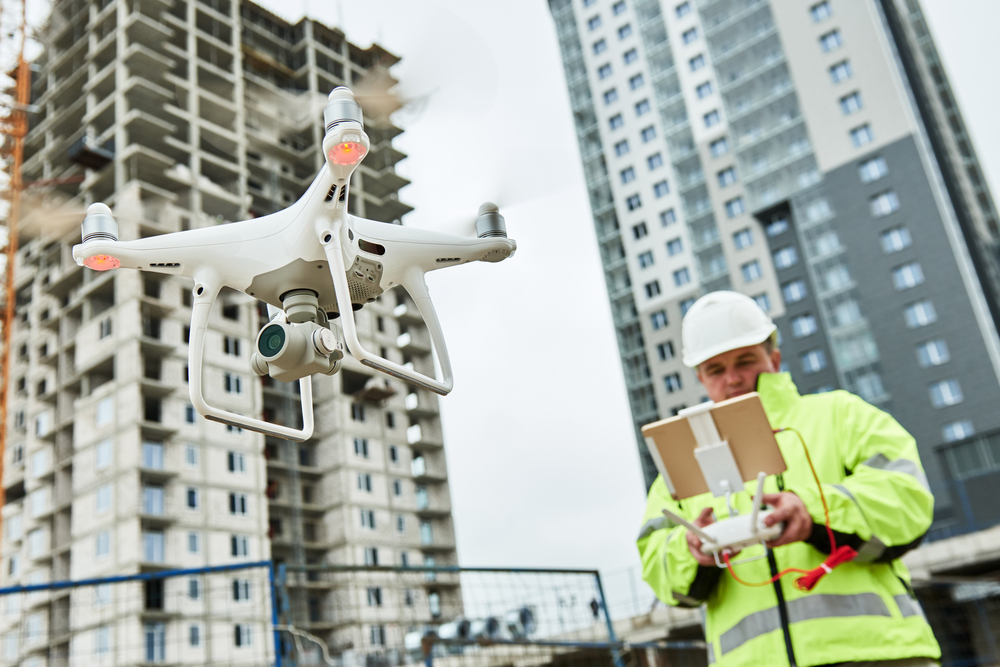There’s no question that technology is making an impact on the construction industry – even though construction is an industry that’s been historically slow to embrace innovation. The reluctance to change and evolve is due to fragmentation in the industry. With so many small firms specializing in different aspects of the construction process, it’s a challenge to adopt seamless processes and adapt to new technologies.
But recent advances that increase the efficiency, flexibility and adaptability of many emerging construction technologies are making them more cost-effective for firms to adopt. Just a few of the new technologies in use today include modular construction (using free-standing, integrated modules that are manufactured off-site and then transported to a site for installation), geospatial technologies (used to visualize, measure and analyze Earth’s features) and wearable technologies (such as head-mounted displays).
There’s more on the horizon. Some emerging technologies in the construction industry include mass timber (an engineered wood product), construction robotics (using robots to build) and autonomous construction vehicles (equipment operated by a computer).
To read a NAIOP report about new construction technologies, click here.


 Facebook
Facebook
 X
X
 Pinterest
Pinterest
 Copy Link
Copy Link






